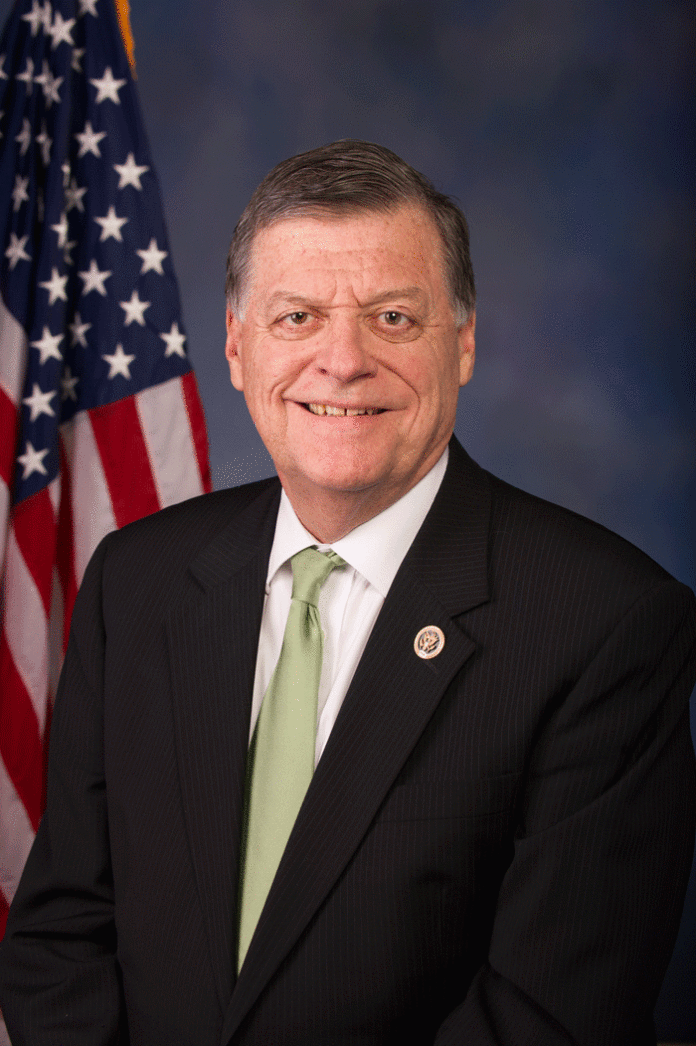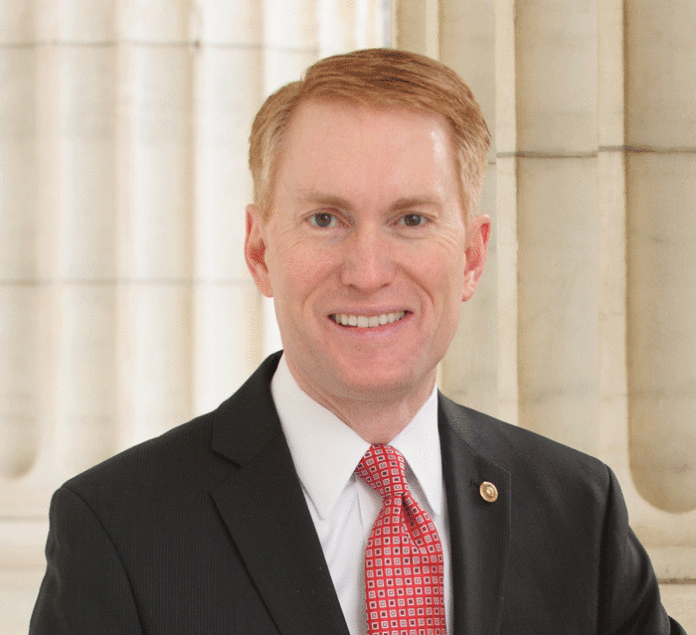Last week, the U.S. House of Representatives passed its version of the National Defense Authorization Act (NDAA) for fiscal year 2022. In arriving at this point in the process of advancing this comprehensive bill to authorize critical and sustainable funding for our national defense, I was proud of the manner in which members on both sides of the aisle worked together to deliver.
When this bill was reported out of the House Armed Services Committee, it passed by a nearly unanimous vote of 57-2. Considering that Democrats have primarily produced and passed partisan legislation this Congress with no input from or consultation with Republicans, this was a refreshing development. Indeed, this NDAA offered a clear example that the House can work together and pass bipartisan legislation for the good of the American people.
At a time when the Biden Administration’s proposed budget revealed an effective cut for our defense, I was pleased that the NDAA passed in the House rejected such action. Fortunately, in the House Armed Services Committee, the panel’s top Republican, Ranking Member Mike Rogers, successfully led a bipartisan effort to add $25 billion needed for modernizing our military, countering major and proliferating threats around the world and sustaining ongoing missions, including those at Tinker Air Force Base in Midwest City and Fort Sill in Lawton, which are both located in the Fourth District of Oklahoma.
Along with several other important provisions, this bill rightly authorizes a 2.7 percent pay increase for service members and unprecedented investments, including an additional $15 billion in the procurement of new aircraft, combat vehicles, autonomous systems, missiles and ammunition and $6 billion in emerging technologies, including artificial intelligence, quantum computing, hypersonic and autonomous systems.
Passage of this NDAA comes at a time when our adversaries such as China, Russia, Iran and North Korea are building up their militaries. Due to President Biden’s careless and completely botched withdrawal of U.S. troops in Afghanistan, there is now a resurgence of terrorist organizations in the region. In response, the NDAA authorizes necessary tools and resources for our military to prevail in conflict with a wide range of potential adversaries.
Rightly so, this legislation includes more than 20 provisions to hold the Biden Administration accountable. These include requiring the U.S. Department of Defense (DOD) to submit a plan to Congress on how it will evacuate remaining American citizens from Afghanistan, conduct intelligence surveillance and reconnaissance missions and carry out counter-terrorism missions. It also includes language that prohibits DOD from providing any financial support to the Taliban.
Moreover, the legislation notably reverses President Biden’s proposed budget cuts to our missile defense systems and continues funding for nuclear triad modernization. Amid the ongoing crisis at our southern border created by the Biden Administration, the NDAA also declares that the record number of illegal crossings there is a national security crisis.
Last week, the Senate Armed Services Committees favorably reported a bipartisan NDAA for future consideration in the U.S. Senate. This development was also the result of bipartisan cooperation and due to the leadership exemplified by Chairman Jack Reed and Ranking Member Jim Inhofe. Once the Senate takes up the legislation for a vote in the coming days, I am hopeful that it too will pass with strong, bipartisan support and that both chambers of Congress can then resolve any differences in conference and send a final bill to the president’s desk. While no bill is perfect, passage of a final and truly bipartisan NDAA is critical to strengthening our national defense and repudiating the Biden Administration’s effort to use defense to subsidize its bloated spending elsewhere. The conference process of reconciling the two versions of the NDAA is essential to further addressing and eliminating remaining concerns.
However, it’s worth nothing that in order for the priorities contained in the House-passed NDAA or the Senate Armed Services Committee’s reported bill to be fully accomplished, the authorized funding increase must be replicated in the appropriations process. At this point, Democrats have already established an effective cut in that annual appropriation. I hope they soon change course and finally adopt a bipartisan posture on that legislation, too. In fact, that must happen in order to receive my support.
In times like these, our national defense deserves our full support to counter threats of terror and hold the line on our strategic adversaries. In the days and weeks ahead, I remain committed to continuing this bipartisan process to rightfully provide for our common defense.











